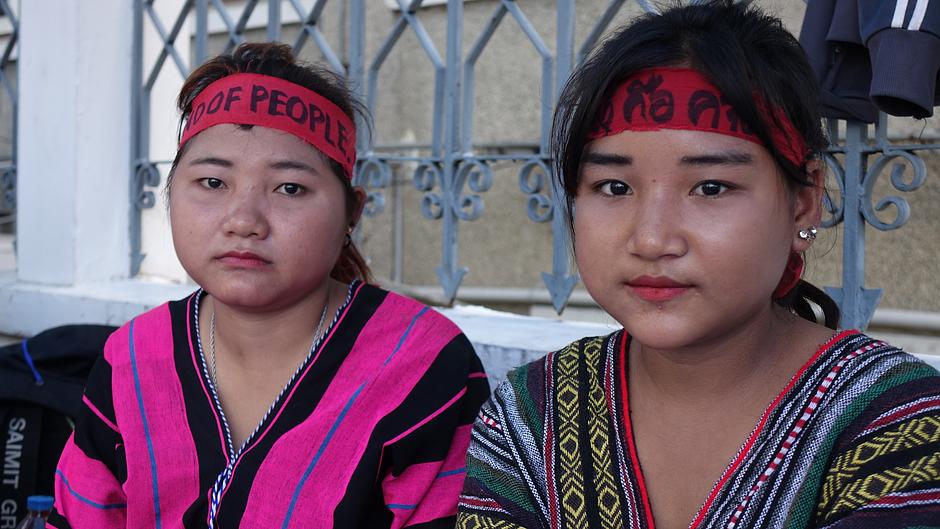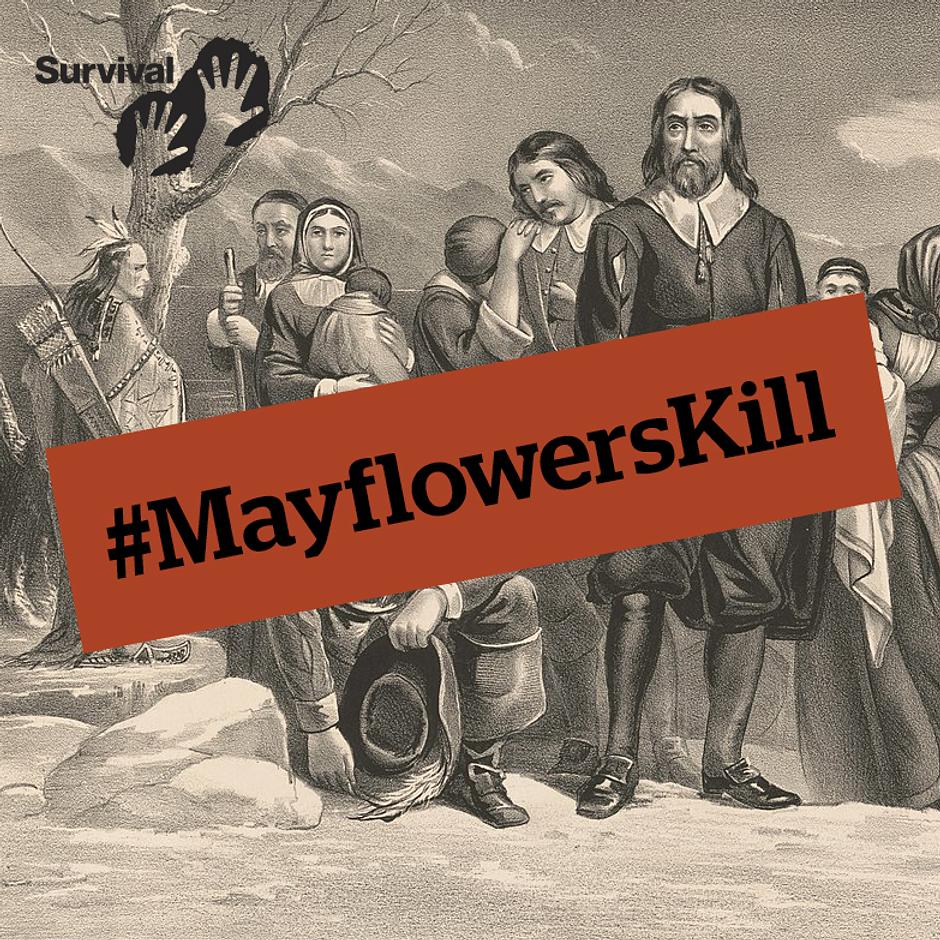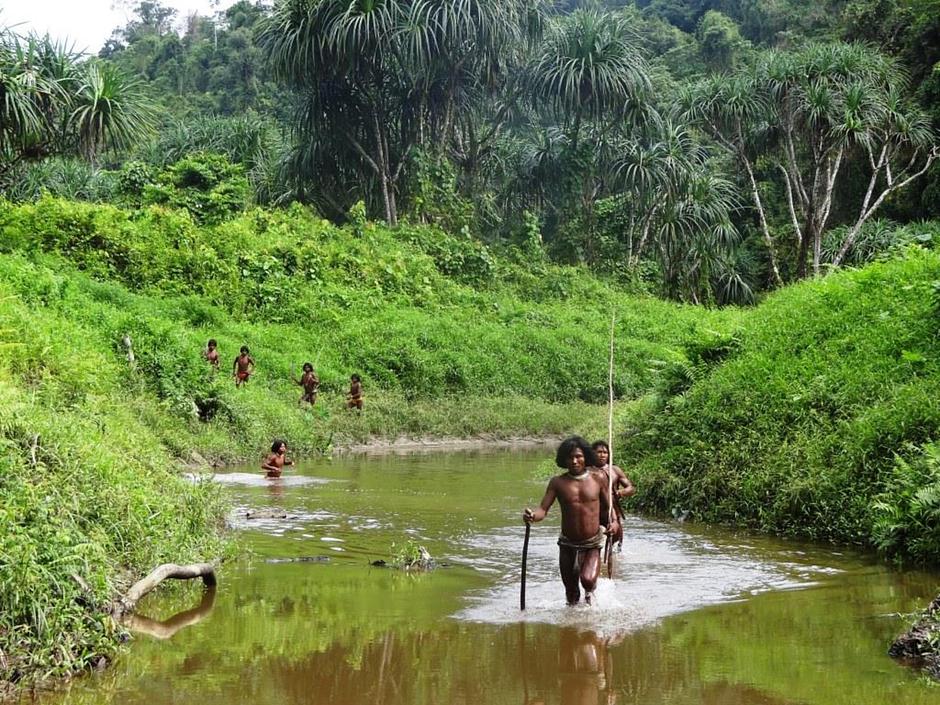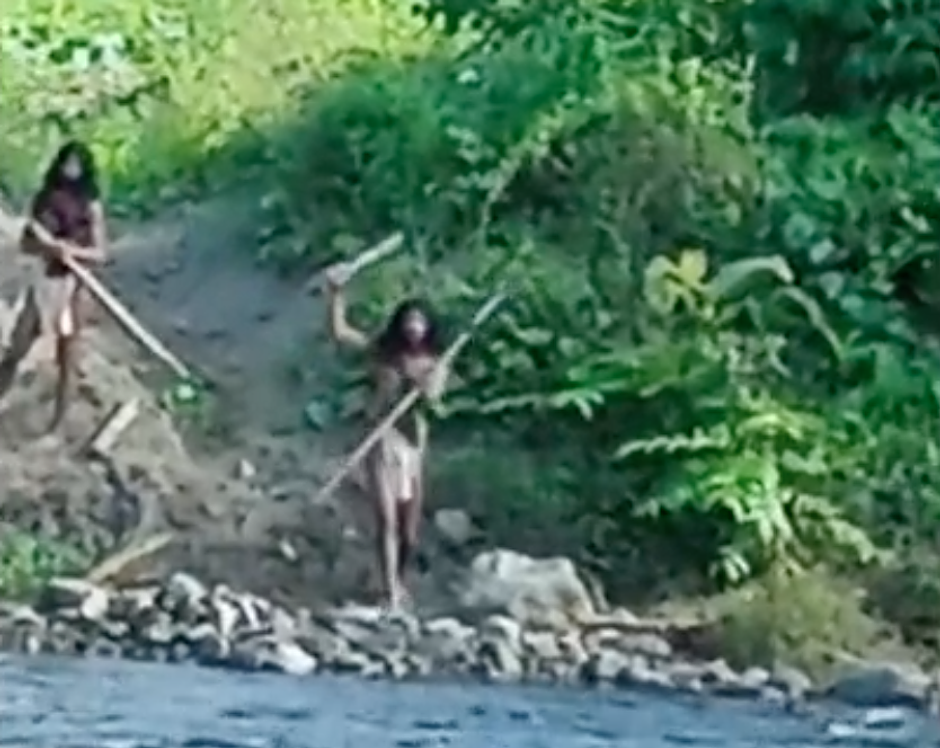Colonization Continued: Why Choosing Indigenous Peoples’ Day Matters
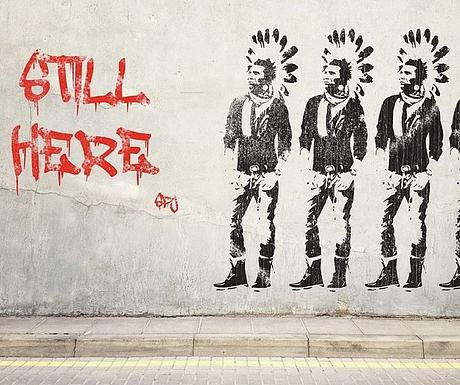
By Samantha Maltais (Aquinnah Wampanoag)
In many ways, holidays represent the values we hold as a collective society. Similar to statues and the histories we choose to enshrine, these celebrations symbolize the weight we attach to events, people, and ideas. Today, communities within the United States choose what history they will commemorate — Some states and towns, memorializing Columbus and the process of colonization that displaced Indigenous Peoples across the Americas, and others memorializing the resilience and continued presence of those Indigenous Peoples in the face of this colonialism. Indigenous Peoples Day, at its core, is a decision. It is a choice that we make collectively: not to forget history, but to acknowledge it. Yet, it is also a celebration. It is a celebration of joy and life and the things that keep our Indigenous communities vibrant and thriving. It celebrates diversity among our cultures, languages, and traditions and affirms our continued resilience in the face of hundreds of years of attempted genocide. This Indigenous Peoples Day, there is so much to celebrate, but also so much to learn.
Last week, the Canadian corporation, Enbridge, announced that their Line 3 tar sands pipeline, a 1,097 mile project cutting through sensitive and life-sustaining habitats in what is now considered Minnesota, would begin to pump crude oil to refineries. The project was allegedly undertaken to repair the existing pipeline which has already caused irreparable harm to the land, specifically the wetlands and bodies of water that lay as the foundation of life, not just for Indigenous Peoples, but for everything and everyone. Not to mention the long-term impacts that continued reliance on the oil industry will have for generations to come, both with regard to climate change and through continued violation of tribal treaty rights. It’s nothing new to note that while Indigenous Peoples only make up less than 5% of the world’s population, they maintain 85% of the world’s biodiversity.
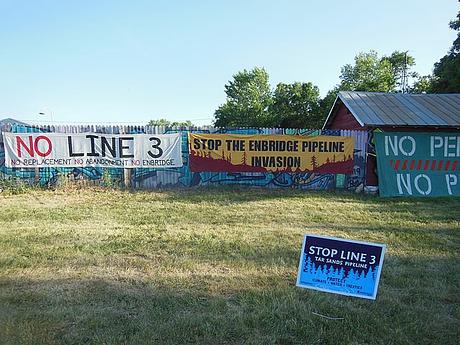
Line 3 is only the latest of violations of Indigenous Peoples’ rights and environmental destruction. Water protectors, allies and activists have remained on the front lines in defiance of the capitalistic greed that would sacrifice the land and communities for a bottom line. Line 3 is symbolic of the very foundations of colonialism, the extractive and exploitative motivations of “discovering” a new world. The rights and livelihoods of Indigenous Peoples have always stood in the way of the colonial project. For so long, history has tried to forgive or forget the so-called “necessary evils” of colonialism. The fact is, Native Peoples are still trying to forgive this harm, trying to justify our continued marginalization, the degradation of our environment, and the victimization of future generations that will be tasked with addressing the impacts of climate change. Colonialism is not just part of our history, it’s part of our present as well.
This Indigenous Peoples Day, it is my hope that the history we choose to enshrine is not one of violence or genocide, but one of resilience and resistance. Celebrate the Water Protectors and the frontline activists, celebrate elders and language teachers and culture-bearers. Celebrate tribal leaders and youth groups and Indigenous students pursuing their dreams in the face of a world that still tries to steal their futures. This Indigenous Peoples Day, it is also my hope that we as a society understand the history of colonialism so that we may one day stop repeating it.
Originally published October 11, 2021

